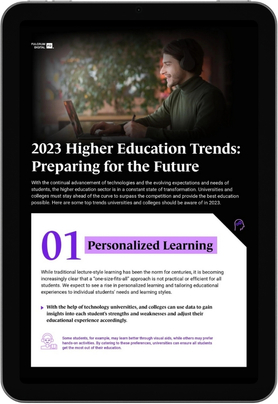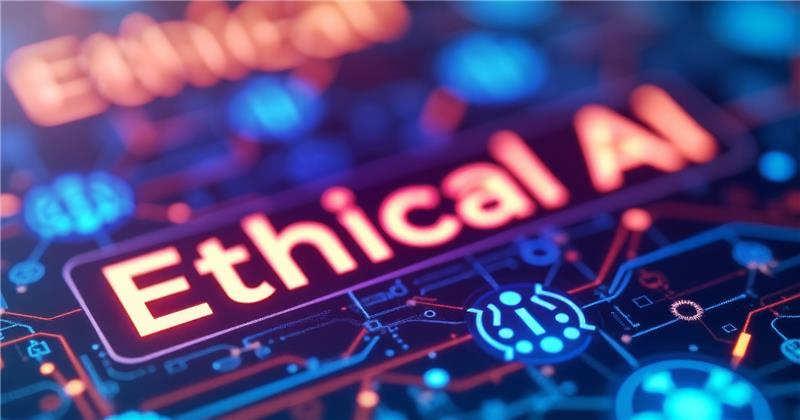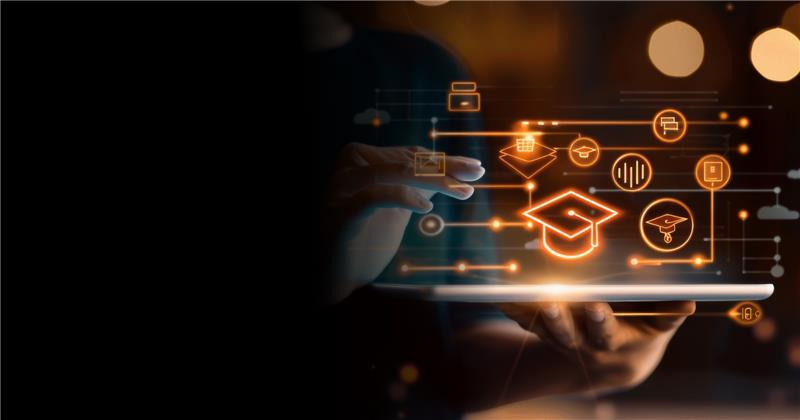For centuries, traditional lecture-style learning has been the norm in higher education. It is increasingly evident, however, that a one-size-fits-all approach is not the most effective strategy. This is why we are seeing a rise in personalized learning, which tailors educational experiences to individual students’ needs and learning styles.
By leveraging technology and data, universities can gain insights into each student’s strengths and weaknesses and adjust their educational experience accordingly. Personalized learning allows students to learn independently and provides customized content that aligns with their interests, abilities, and learning preferences.
Personalized learning makes students more engaged and motivated, leading to better academic results and overall student success. According to a Bill and Melinda Gates Foundation survey, 77% of students who received personalized learning reported improved academic results.
Advantages
One significant advantage of personalized learning is identifying students’ strengths and weaknesses using data analytics. This allows universities to tailor their courses to each student’s unique abilities, providing them with the support they need to succeed.
Another advantage of personalized learning is its flexibility. Personalized learning allows students to learn whenever and wherever they want, unlike traditional lecture-style learning, which requires students to attend classes at specific times and locations. This leads to a better student experience that enables students to balance their academic commitments with their personal and professional lives.

Personalized learning can also benefit educators by reducing workload and increasing efficiency. With personalized learning, educators can focus on providing individualized feedback and support to each student rather than lecturing to the entire class. This leads to a more effective use of their time, and they can better support their students.
Statistics highlight the positive impact of personalized learning on student outcomes, including increased academic performance, higher graduation rates, and improved test scores. Additionally, tailored learning programs can make education more accessible and affordable. A report by the Clayton Christensen Institute found that personalized learning can reduce instruction costs by up to 50% while improving student outcomes.
2023 HIGHER EDUCATION TRENDS: PREPARING FOR THE FUTURE
Explore the key trends reshaping the higher education industry. Empower your institution with insights to navigate the future effectively!

Challenges
Personalized learning, however, does have some challenges. One of the most significant challenges is the need for accurate and comprehensive data. To provide customized learning experiences, universities must collect and analyze vast amounts of data, such as student performance, engagement, feedback, and more. This can be a time-consuming and resource-intensive process, and there is a risk of data breach, which harms student privacy.
Another challenge is the need for educators to be proficient at using technology to personalize learning. While many professors are highly skilled in their field, they may need to become more familiar with the latest educational technologies and tools. This means universities must invest in professional development programs to ensure their professors are adequately trained to use technology to provide personalized learning experiences effectively.

Conclusion
Personalized learning is a promising approach that offers numerous benefits for students and educators. By tailoring educational experiences to individual students’ needs, universities can improve student engagement, motivation, and learning outcomes, ultimately leading to better-prepared graduates.
While some challenges are associated with personalized learning, universities can overcome them by investing in the necessary resources and training. This will enable them to provide their students with the best educational experience.







